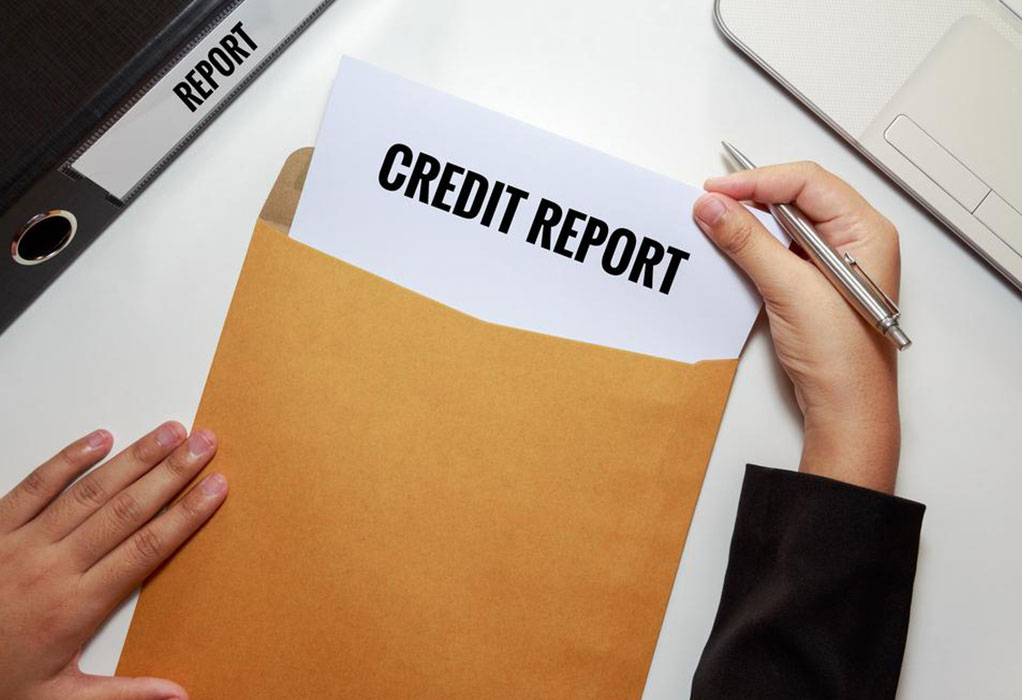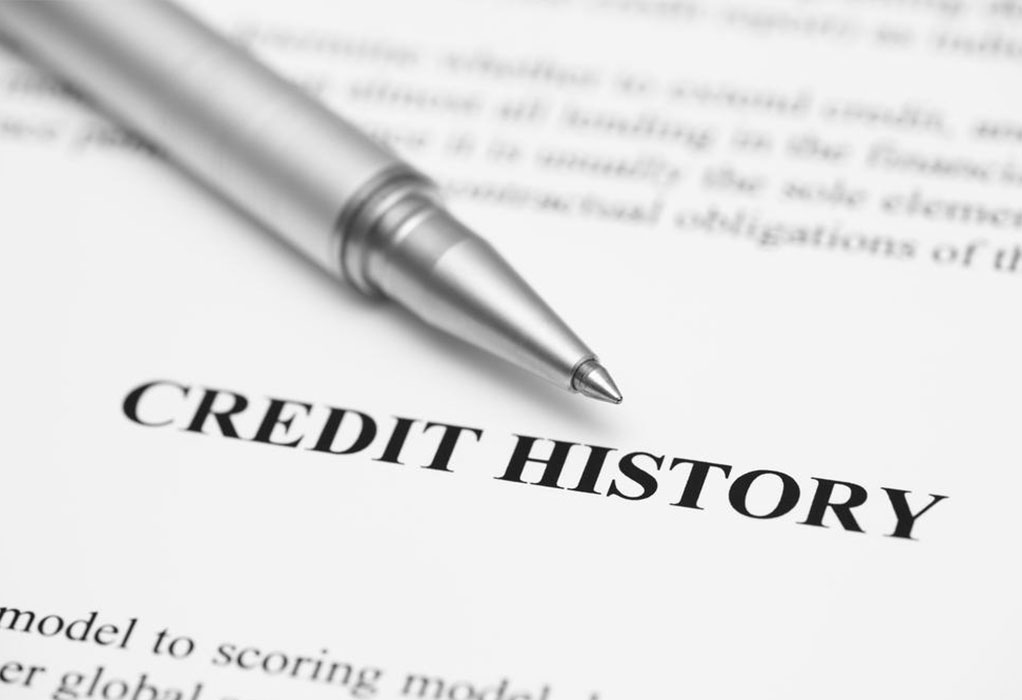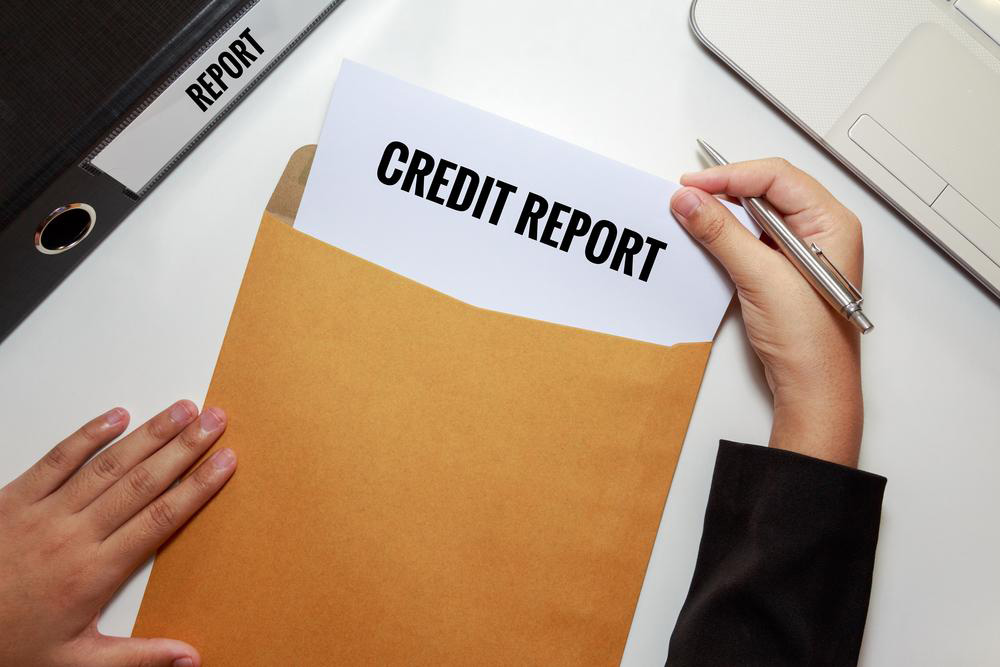Effective Strategies for Challenging Incorrect Credit Reports
Learn effective methods to challenge and correct errors on your credit report. Regularly review your credit file, dispute inaccuracies with credit bureaus, and understand your rights to ensure your credit information remains accurate and protected against fraud. Proper documentation and adherence to procedures are key to successfully resolving disputes and maintaining a healthy credit profile.
Sponsored

Proven Approaches to Correct Inaccurate Credit Information
Your credit report details your residence, bill payment history, legal issues, or bankruptcy filings. These reports are sold to lenders, insurers, employers, and property owners to evaluate your creditworthiness. Regularly reviewing your credit report, at least annually, is highly recommended to identify potential errors or signs of identity theft that could impact your loan eligibility or be used fraudulently.
If inaccuracies are found, disputing the report is essential. The three major credit bureaus—Equifax, Experian, and TransUnion—are required to provide free annual credit reports upon request. You are also entitled to a free report if your loan application is denied within 60 days, if you're unemployed and seeking work, or if your report contains false information due to identity theft or fraud.
To initiate a dispute, contact the respective credit bureau and the data furnisher who provided the information. File a written complaint, including supporting documents, clearly specifying the inaccuracies. The bureaus must investigate within 30 days and communicate with the data provider for verification. If the claim is valid, the provider must correct the information across all three bureaus, which will update your report accordingly. The bureaus will then send you a report reflecting these changes, separate from your annual free report.
If the dispute remains unresolved, the credit bureau must record the issue in your file and notify any parties who received your dispute. Leaving documented proof of your efforts and correspondence is crucial for future legal actions. Alternatively, you can directly contact the data provider in writing, supporting your dispute with relevant documents, who will then notify the credit bureaus to rectify the error if appropriate.
When disputing credit information, avoid common pitfalls such as only fighting with the lender—if the bureau does not agree with your claim, you may need to escalate your case legally. Make sure all disputes are well-documented with clear evidence. Carefully review terms and conditions, especially fine print, to understand your rights fully, and retain copies of all dispute communications for future reference.






